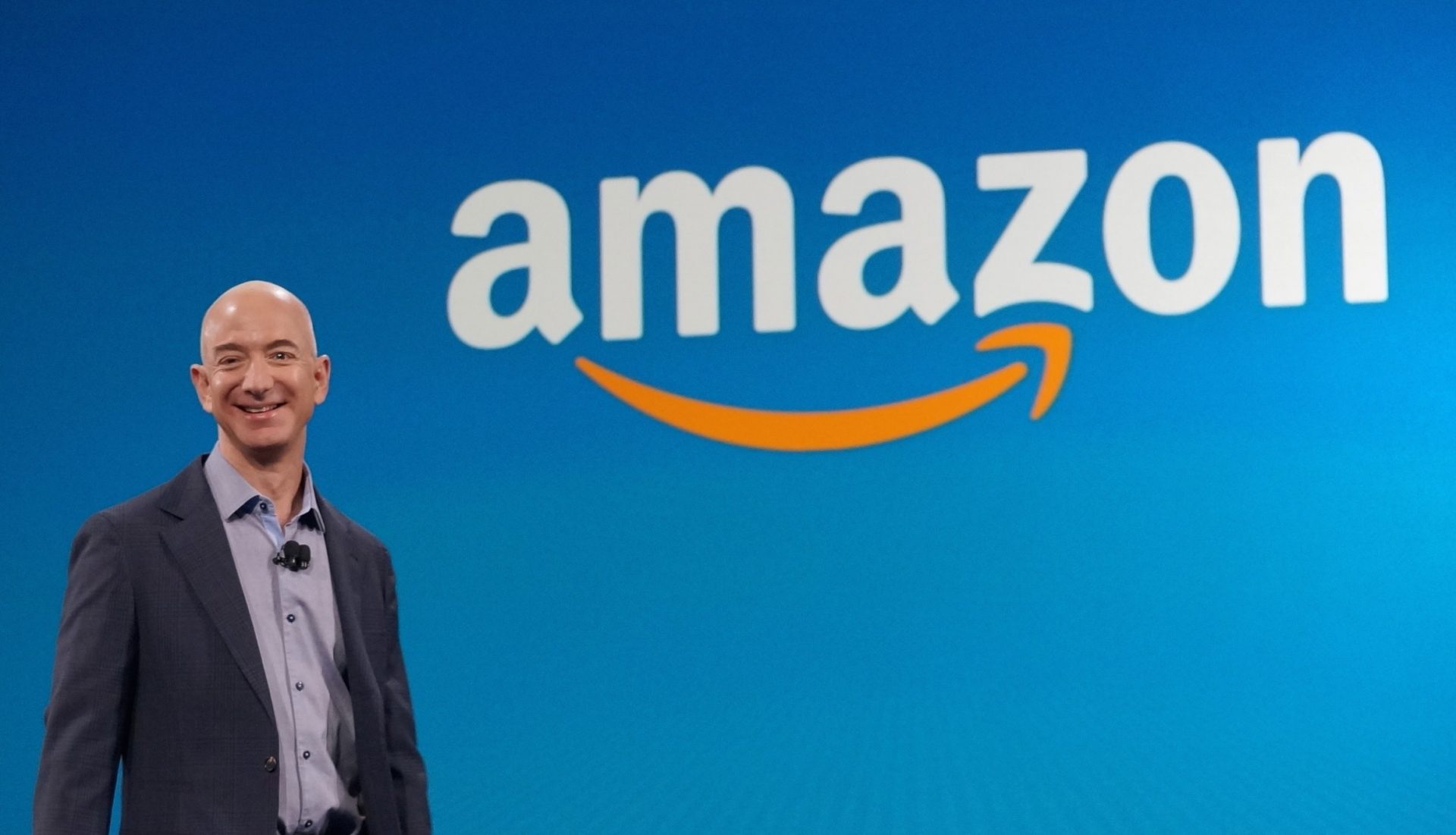
Amazon recently announced, to no one’s surprise, that nearly 20,000 of its workers in the United States had tested positive for the COVID-19 virus. This revelation came after months of demands by labour groups, activists, and Amazon’s own workers for the company to publish their COVID-19 numbers, which up to this point they had refused to divulge to the public. While Amazon’s workers suffer in warehouses that are breeding grounds for COVID-19, billionaire founder and CEO Jeff Bezos—the world’s wealthiest man—has reportedly seen his wealth increase from $74 billion to $189 billion, according to the Bloomberg billionaires index for the year 2020.
The global pandemic has led to widespread job losses, small businesses shutting down, starvation for many in developing countries, and workers being forced to show up in dangerous work environments or be fired. Meanwhile, corporations such as Walmart and Amazon have made huge profits. Billionaires like Jeff Bezos or Elon Musk have seen their wealth increase, further deepening the inequality between the ruling and the working class. As Amazon’s workers struggle with COVID-19 and potentially being infected by a dangerous virus, the company itself has managed to double its profits in 2020, going from $2.6 billion in July 2019 to $5.2 billion in July 2020.
The working class are finding ways to fight back and expose the unsafe work practices of these large corporations. Companies like Amazon are reluctant to reveal the actual amount of employees that have been exposed to or infected with COVID-19, and labour laws in the United States don’t even require them to. In Amazon’s warehouses, many workers have turned to sleuthing in order to find out how many of the company’s 400,000 warehouse employees have actually been infected with COVID-19. One such worker is 58-year-old Jana Jumpp, who lost her job in July 2020 after she went on leave for fear of catching the virus and then ran out of paid time off. Jana tracks these COVID-19 cases on a spreadsheet, using her contacts at Amazon to find out who has been infected. Another Amazon employee in Minnesota was fired for raising safety concerns, which led to 35 workers walking off the job and protesting during a night shift.
Under capitalism, it is evident how much the life of a worker is valued. Since workers can easily be replaced by Amazon, or any large capitalist enterprise, it doesn’t matter to Bezosthat 20,000 of the company’s workers have a dangerous and potentially even fatal virus—the company’s profits and his own wealth continue to increase considerably. Under capitalism, the owner of a company has to minimize wages and maximize production in order to make the most profit. In the case of a global pandemic, the lives of the working class are expendable and needed only as long as they can keep making a profit, at which point they will be discarded once they are no longer useful to the ruling class. In order to keep their reputations intact with the public, companies will also fire anyone who dares to speak out against these harmful work environments, as mentioned earlier in the firing of an Amazon employee for raising safety concerns to the management in Shakopee, Minnesota. What is the solution to this crisis? How can we make sure that the workers aren’t expendable pawns in a competition of which corporation makes the most profit? The answer lies in the democratization of the workplace and workers’ control. In the current system, the capitalists expropriate the wealth produced by the workers. The workers are reduced to wage slaves, while the owner focuses on maximizing profits. By putting power in the hands of the working class, the workers can decide how to run the company, whether to shut down production during a global pandemic, and not have to risk their own lives in a dangerous work environment and potentially expose themselves to the virus. The problem isn’t Amazon—the problem is the fact that the billionaire class currently owns Amazon. By taking control of this company from the ruling class, the workers can turn Amazon into a positive force in society, one that isn’t simply motivated by profits.

